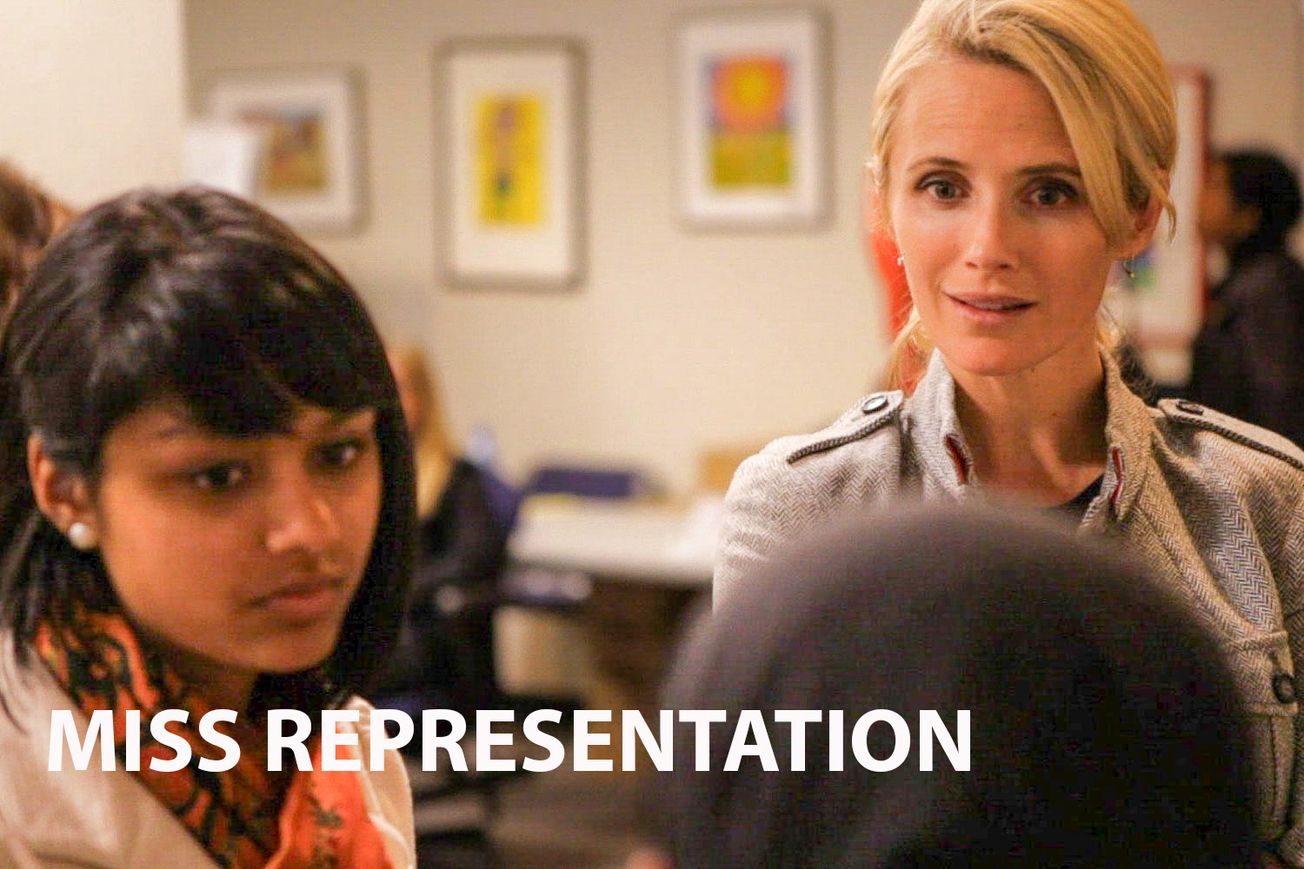Keywords: Miss Representation, Jennifer Siebel Newsom, gender inequality, media representation, power dynamics, women in power, societal perceptions, gender stereotypes, feminism, sexism., Three Words: 'Eye-opening', 'Powerful', 'Documentary'
Introduction
"Miss Representation," directed by Jennifer Siebel Newsom and released in 2011, is an incisive documentary that delves into the under-representation of women in positions of power in America. It throws light on the media's limited and often skewed portrayal of powerful women, a subject that holds immense relevance in our contemporary society striving for gender equality.
Synopsis
"Miss Representation" presents a compelling narrative that unravels the systemic sexism prevalent in American society. It highlights how mainstream media contributes to the under-representation of women in influential roles, thereby reinforcing gender stereotypes.
More Film Analysis
Analysis
The documentary follows an investigative approach, backed by extensive research and in-depth exploration of the subject. It effectively uses interviews, statistics, and real-life examples to present its argument, making for a thought-provoking viewing experience.
Historical and Factual Context
The documentary situates itself in the broader context of the feminist movement and the ongoing struggle for gender equality. It explores how media stereotypes have evolved and continue to persist in the 21st century.
Key themes in the film
- The pervasive influence of media and its role in shaping societal perceptions
- The detrimental effects of gender stereotypes
- The importance of equal representation in positions of power
Film Comparisons
Unlike other films on iWonder that touch upon gender issues, "Miss Representation" uniquely focuses on the intersection of media, power, and gender. It provides a fresh perspective on the issue of gender inequality.
Noteworthy Moments
The documentary is peppered with powerful moments, such as the revelation of startling statistics on women's representation in media and politics and poignant interviews with influential women sharing personal experiences of sexism.
Reviews
"Miss Representation" was well-received by critics and audiences alike for its stark portrayal of gender inequality. It holds a respectable IMDB score of 7.5 and has a win and a nomination to its name.
Conclusion
"Miss Representation" is an essential watch for anyone interested in media studies, gender issues, and social justice. It offers a critical examination of the media's role in perpetuating gender inequality.
More film information:
FILM SUMMARY
- IMDB Score: 7.5
- Awards and Festival Summary: 1 win & 1 nomination
PERSONALITIES
- Jennifer Siebel Newsom: Director and activist
- Condoleezza Rice: Former U.S. Secretary of State
- Nancy Pelosi: Speaker of the U.S. House of Representatives
LOCATIONS
- Various media houses and newsrooms
- Political offices and institutions
Key questions raised by the film:
- How does media portrayal of women influence societal perceptions?
- How can we challenge and change these stereotypes?
- What role can individuals play in promoting gender equality in media and politics?
Links for Further Exploration
I wonder what the film would be in another art form



- A famous book, it would be "The Second Sex" by Simone De Beauvoir - both critically examine the position of women in society.
- A famous song, it would be "I am Woman" by Helen Reddy - both are powerful calls for gender equality.
- A famous piece of art, it would be "The Dinner Party" by Judy Chicago - both spotlight women's contributions and challenge societal norms.
- A famous celebrity, it would be Emma Watson - both use their platforms to advocate for gender equality.
- A colour, it would be purple - a colour traditionally associated with the feminist movement.
- A music style, it would be protest songs - both challenge societal norms and advocate for change.








